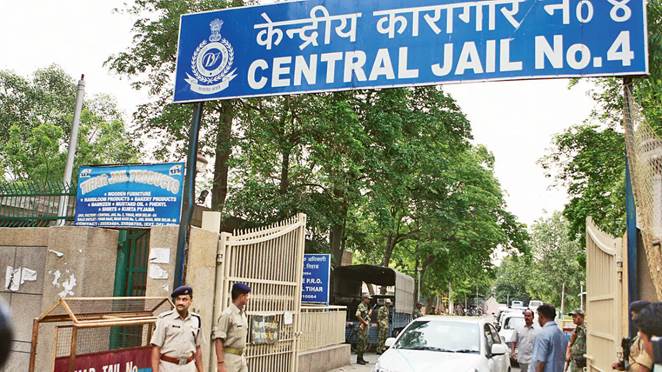





Copyright infringement not intended
In News
Law on Remissions
Grounds for remission
https://indianexpress.com/article/explained/explained-the-bilkis-case-remissions-8094290/
https://t.me/+hJqMV1O0se03Njk9











© 2025 iasgyan. All right reserved